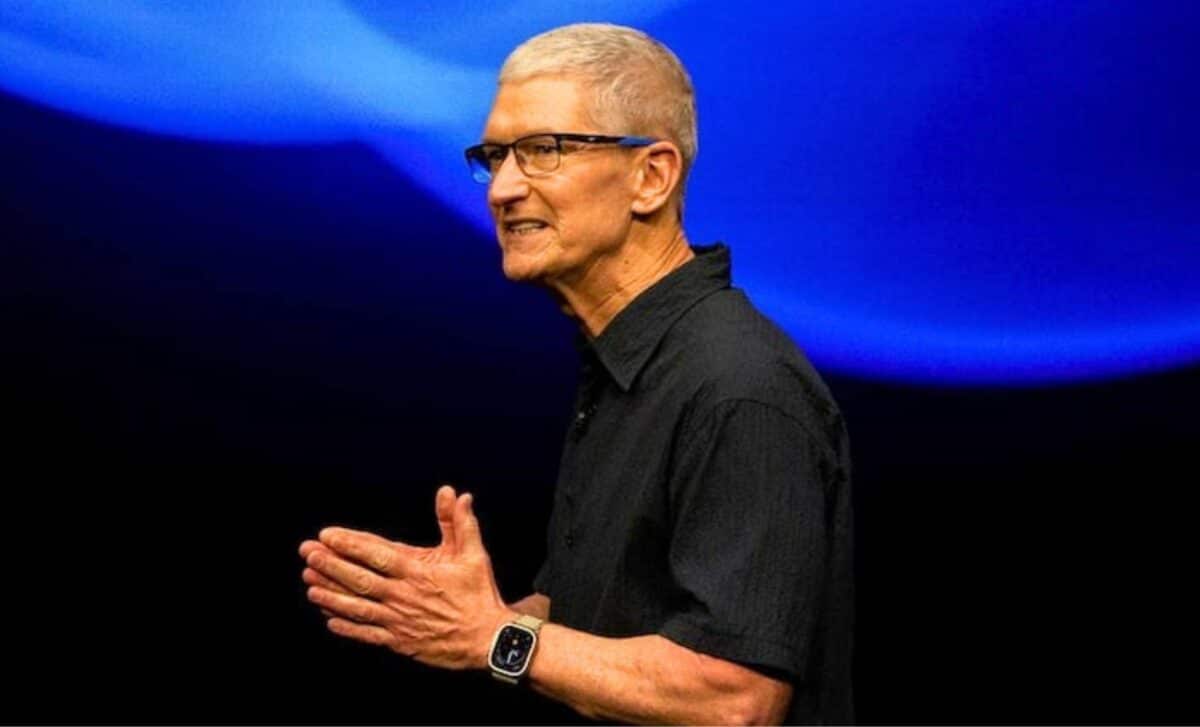NFL
Mark Zuckerberg, Elon Musk, and Sam Altman Announce the End of Smartphones — But Tim Cook Isn’t Playing Along

Four tech giants are moving to replace the smartphone with devices that sound straight out of science fiction. From brain chips to digital skin, the future may already be underway. One major player, though, is refusing to let go.
In recent months, a quiet shift has taken shape across Silicon Valley. Some of the most powerful voices in technology are floating a vision for the future that excludes the very device that has defined the digital era for more than a decade: the smartphone. For Elon Musk, Mark Zuckerberg, Sam Altman, and Bill Gates, the next wave of innovation doesn’t involve a sleeker phone — it replaces it altogether.
Each of them is backing different technologies that promise to render smartphones obsolete. From brain implants to digital tattoos and augmented reality glasses, their ambitions suggest a world where humans interact with devices not through touchscreens, but directly through thought, vision, or even skin. It is a radical break from the present — one not everyone is ready to embrace
Neural Links and Digital Tattoos
Elon Musk, the founder of Neuralink, is advancing the concept of brain-computer interfaces, which allow users to communicate with machines using only their thoughts. According to the company, two human subjects have already received implants. The aim is to remove the need for physical interaction with devices entirely — no tapping, no swiping, not even speaking. Instead, thought would drive action.
Bill Gates is championing a different kind of interface. He is backing Chaotic Moon, a Texas-based company developing electronic tattoos. These devices, worn directly on the skin, are designed to collect and transmit data through nanosensors. Their applications range from health tracking to communication and geolocation. The tattoos effectively transform the body into a digital platform, without the need for handheld devices.
Vision-First Computing
Meta’s chief executive, Mark Zuckerberg, is placing his future on augmented reality glasses. He predicts that by 2030, these glasses will take over as the primary computing device, replacing the smartphone. The concept is to overlay digital content directly onto a user’s field of vision.
Instead of looking down at a screen, people would experience notifications, navigation tools, and communication features through transparent displays worn on their faces. This strategy aligns with Zuckerberg’s broader ambitions in the AR and metaverse space. The goal, he has said, is to “step beyond screens” and redefine the way people engage with the internet and each other.
















